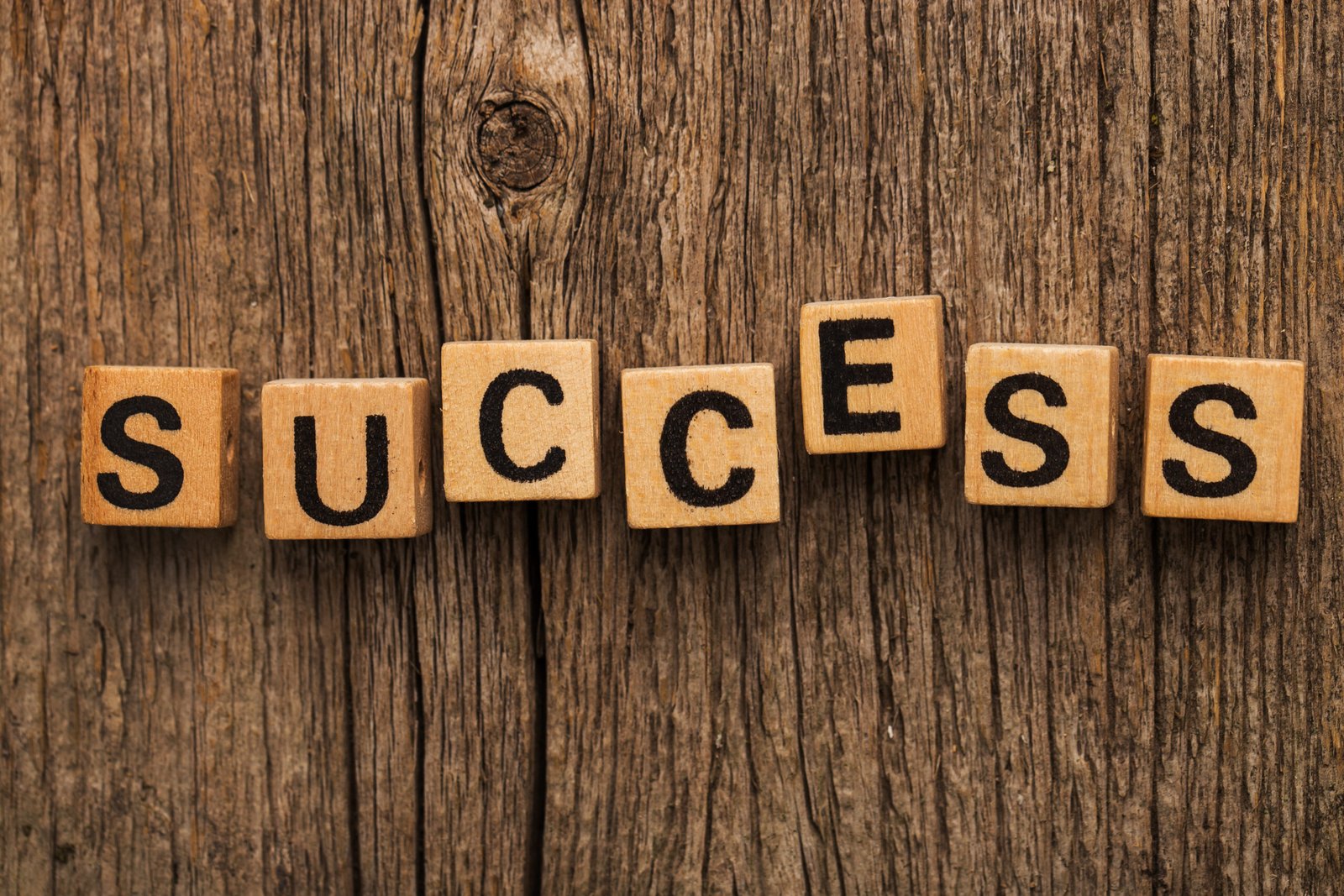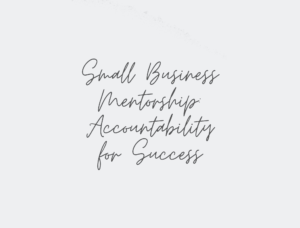Getting through school can sometimes feel like a marathon—a long, hard race against time and hurdles that require us to learn a lot of different skills. But what if you could name one skill that was very important to your progress in school? That skill for me was “synthesis.” This article goes into great detail about how learning this skill changed my academic path and how it can change yours as well.
Understanding Synthesis in the Academic Context
In the academic world, synthesis means being able to put together and make sense of knowledge from different sources so that it makes sense as a whole. Not just repeating facts, but also thinking deeply about them in a way that leads to a new understanding or insight. In areas like the sciences, writing, and social sciences, where you need to be able to think critically and make links, this skill is especially useful.
The Multidimensional Nature of Synthesis
Synthesis doesn’t happen in a straight line. It includes taking out the important details, finding patterns or themes, and putting them back together in a way that supports a new case or point of view. To be different from many other academic skills, synthesis makes you deal with uncertainty and complexity and come up with your solutions instead of depending on other people’s work being clear.
The Role of Synthesis in Composition and Argumentation
The synthesis process is key to good writing and reasoning. Putting together different pieces of information makes your work stronger, whether you’re writing an essay, a thesis, or a research paper. It’s the difference between a bunch of data points and a story that makes sense and is engaging.

The Synthesizing Process: A Step-By-Step Guide
To master synthesis, you need to follow an organized plan. Here’s how to get better at this very useful skill.
Step 1: Immersion and Note-Taking
When you have a lot of sources to choose from, read them all carefully and make lots of notes. Find the key ideas, the evidence that supports them, and any opposing points of view. Don’t read each source separately; they should all talk to each other.
Step 2: Categorization and Analysis
Start the process of categorizing once you have all of your notes together. Put ideas that are similar together and try to figure out how they are related. Not only look at the material, but also the background—what drove the writers and how does that affect their views?
Step 3: Integration and Comparison
Now is the time to work together. What do the groups you made have to do with each other? Does anything stand out or seem to be wrong? Compare and contrast the different points of view and think about how they can work together or if a new, more complex understanding is possible.
Step 4: Articulating Your Synthesis
Articulation is the last step. You need to be able to clearly and briefly explain what you’ve learned. There are many ways to do this, such as through writing, speaking, or even showing something. The most important thing is to show how original and insightful your unique combination is.
The Impact of Synthesis on Academic Success
My academic success was significantly impacted by learning synthesis, as I can attest. It turned my writings from boring lists of facts into well-thought-out points that my teachers praised. It also helped me think more critically, which made my academic experience deeper and more fulfilling.
Improving Critical Thinking
Synthesis helps you think critically. It forces you to go deeper than the top level of what you learn and question what you think you know. This strict method helps you become more intellectually flexible and gets you ready for the complicated work world.
Aiding in Original Research
People who want to do research have to know how to synthesise. It’s what makes theories possible and helps people plan out new intellectual territory. Without it, the study might not have a point, and the results might not be very useful.
Enhancing Clarity and Communication
One benefit of synthesis that isn’t often thought about is how it can help with conversation and understanding. When you can put together difficult ideas in a way that makes sense, you talk with power that goes beyond the words you use. This is a skill that is useful in many areas of life, not just school.

Strategies for Enhancing Your Synthesis Skills
There are several things you can do to improve your synthesis skills.
Read Widely and Voraciously
Being exposed to a range of styles and topics broadens your thinking and gives you a lot of stuff to work with. Make it a habit to read a lot of different kinds of books, not just ones in your field.
Engage in Discourse and Debate
Conversations, whether they happen in the classroom or among academics, help ideas come together right away. Talking to other people improves your ability to think quickly and use comments right away.
Practice Mindfulness and Reflection
Though mindfulness and thought may not seem related to synthesis, they are very important for developing the depth and clarity needed to put together a lot of different pieces of knowledge. Take a step back and think about what you’re learning in terms of the bigger picture.
Pro Tips for Efficient Synthesis
Here are some tips from experts that will help you put together pieces of information more quickly.
Organize Your Information Elegantly
When putting together information, being organized saves time and makes the process easier on the brain. To show links graphically, you can use thought maps, flowcharts, or any other way that works for you.
Pursue Divergent Thinking
When putting together information, don’t be afraid to go off on tangents or different tracks. Most of the time, the most groundbreaking ideas are found on the edges of what people expect.
Seek Inspiration from Diverse Sources
You can get ideas from both inside and outside your area. Using ideas from one area to another is a common part of synthesis. This can lead to new and important findings.

Recapping the Journey to Synthesis Mastery
To become a master of combination, you have to keep getting better. To do it, you need to be disciplined, creative, and deeply dedicated to learning. You can improve not only your academic success but also the way you learn and do intellectual activities by knowing how important synthesis is and using the strategies and tips given.
Synthesis is the thread that connects different pieces of information to make a beautiful and logical whole of study. It’s the key to getting to higher levels of knowledge and making a real difference in the field you’ve chosen. If you put effort into getting better at this skill, your race to academic success will be less of a run and more of a series of planned, purposeful steps.





